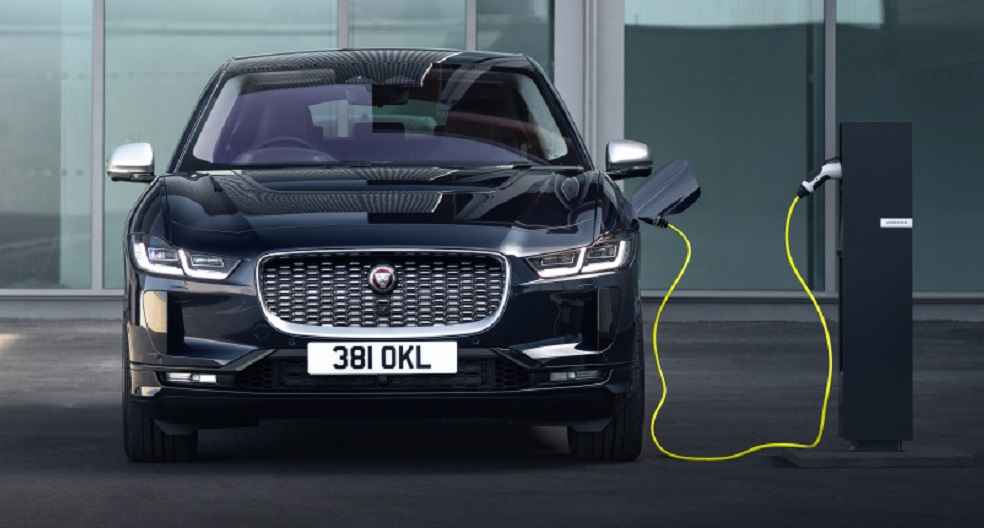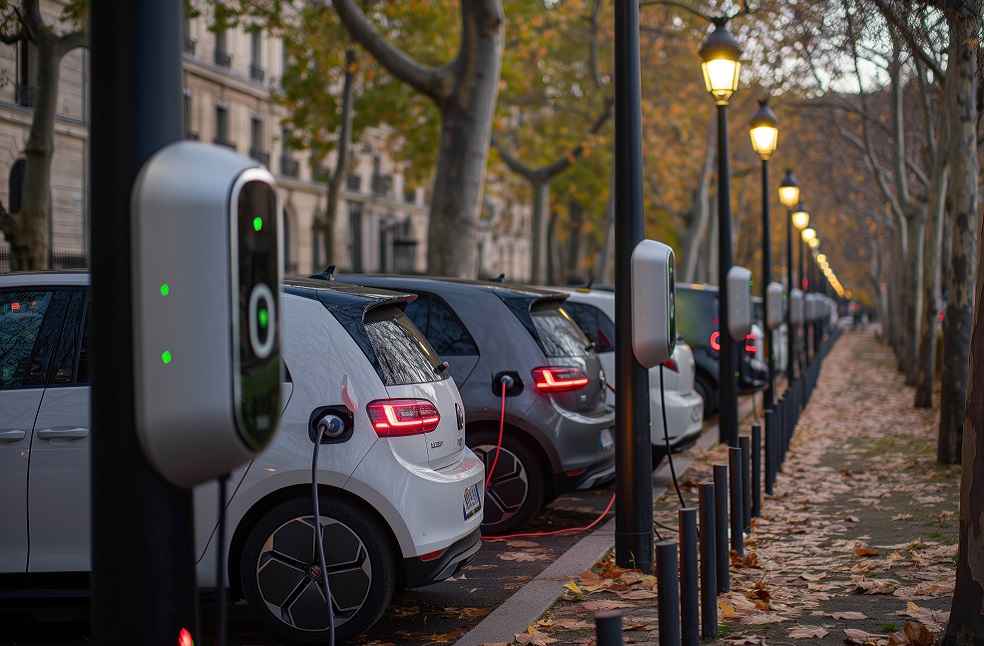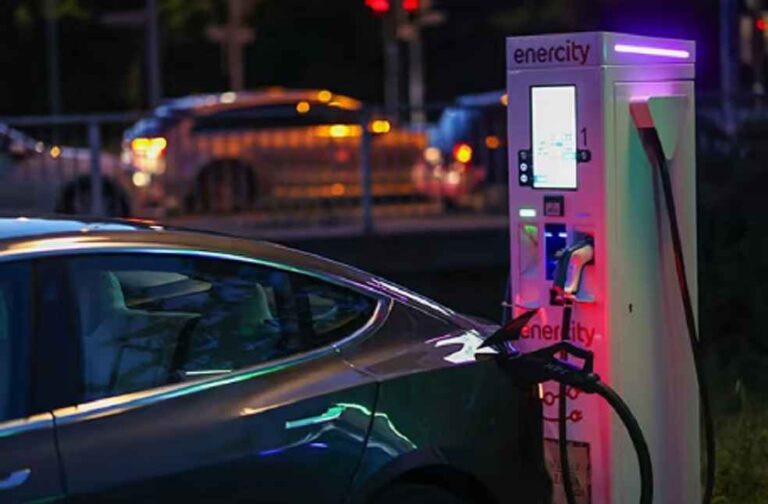The UK government has announced new measures to support the automotive Industry’s transition to electric vehicles, offering greater flexibility to manufacturers amid growing global trade tensions and economic challenges.
The move comes as the global auto sector reels from new US tariffs, which include a 25% levy on imported vehicles. In response, British luxury carmaker Jaguar Land Rover (JLR) said it would pause all shipments to the US in April to address the new trading terms.

Prime Minister Keir Starmer acknowledged the pressure facing the industry and signaled readiness to intervene where necessary. He subsequently unveiled a series of measures aimed at reinforcing the UK’s commitment to electrification while supporting manufacturers through the transition.
Under the updated strategy, the sale of new petrol and diesel cars will be banned from 2030, with hybrid models permitted until 2035. Small manufacturers will be exempt from the ban.
To ease the transition, the government announced it would relax the rules on meeting annual electric vehicle (EV) production targets. Automakers will be allowed to fall short of EV manufacturing quotas up to 2026, provided they make up the shortfall by the end of the decade.

This flexibility complements a previously announced £2.3 billion ($3 billion) investment to accelerate the domestic production of electric vehicles, part of the UK’s broader green industrial strategy.
The government also reaffirmed its commitment to monitor the situation closely, stating that support for the UK car industry — which employs around 152,000 people and contributes £19 billion to the national economy annually — would remain under review as the effects of the new US tariffs become clearer.
DON’T MISS | South Korea Announces $2B Relief to Counter US Tariffs on Cars





